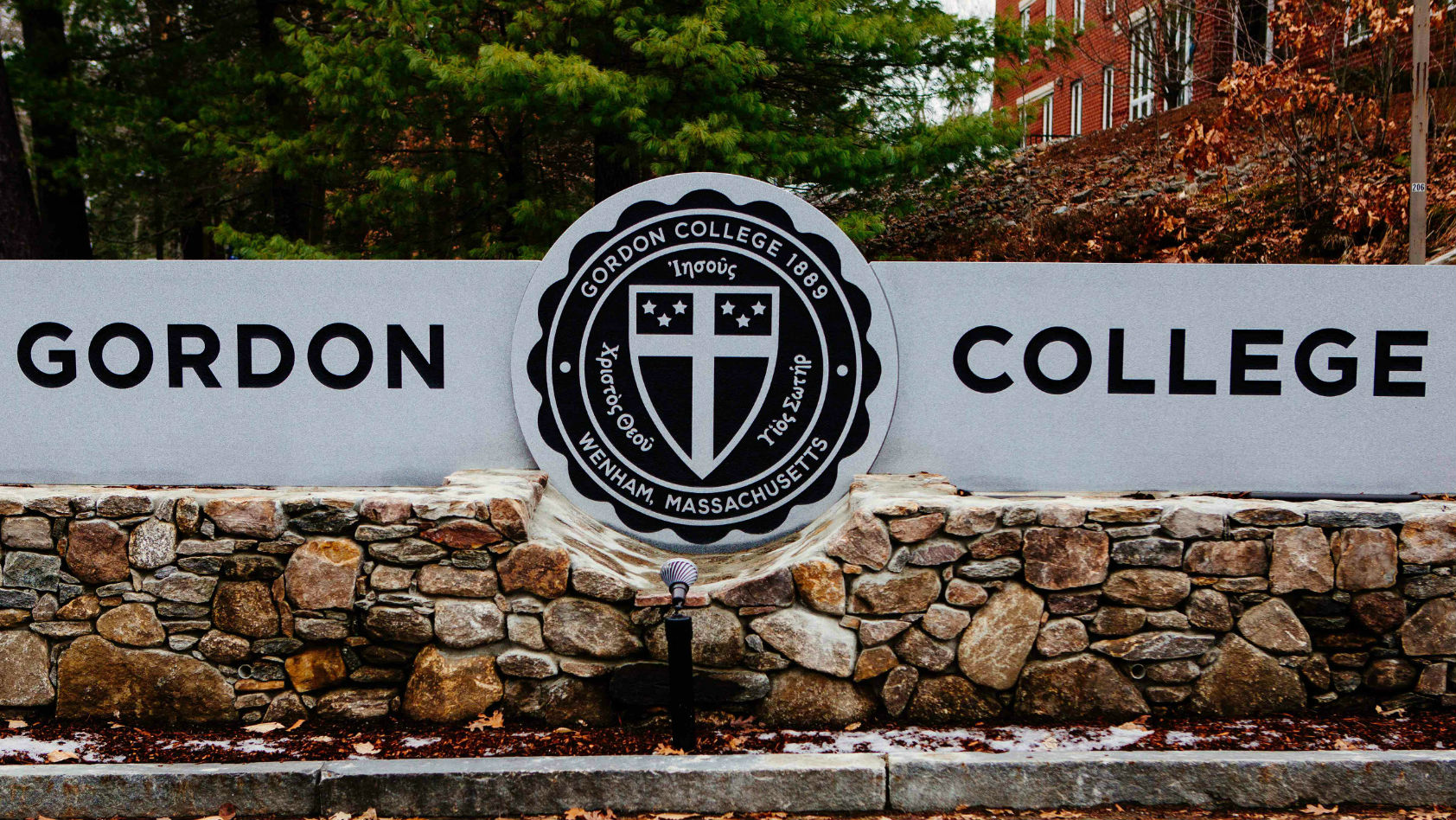Gordon College will spend the next year studying current campus policies on same-sex behavior, the college and its regional accreditation board announced.
The New England Association of Schools and Colleges (NEASC) discussed whether Gordon’s prohibition on "homosexual practice" conflicts with its accreditation standards at its September meeting, and has agreed to give the school time to examine its policy. Gordon had already announced the formation of a working group after recently losing partnerships with nearby Lynn Public School District.
Gordon president Michael Lindsay submitted information on Gordon’s mission, evangelical Christian identity, and “history of respectful self-critique and of dialogue with individuals of diverse backgrounds” to the board. The college’s information was “thoughtful and pertinent,” the NEASC announced in a joint statement with Gordon, noting:
The Commission has asked the College to submit a report for consideration at the Commission’s September 2015 meeting describing the process and its outcomes, to ensure that the College’s policies and processes are non-discriminatory and that it ensures its ability to foster an atmosphere that respects and supports people of diverse characteristics and backgrounds, consistent with the Commission’s Standards for Accreditation.
Lindsay’s announcement that the college would enter a 12- to 18-month “period of discernment” was a “thoughtful way for the college to proceed,” Barbara Brittingham, president of the NEASC's higher education commission, told the Boston Business Journal.
Brittingham also said the school’s current Life and Conduct policy—which bans Gordon community members from “sexual relations outside marriage” and “homosexual practice,”—“may be inconsistent with the commission’s standards.” NEASC conducted a review of Gordon's operations in 2012 and reaccredited the school.
The new working group, which includes students, faculty, staff, administrators, and trustees, will read books, meet with experts, and talk with alumni, supporters, and others to discuss Gordon’s policies related to same-sex behavior. The group is expected to make an initial report before Thanksgiving and a fuller report before the board of trustees' February meeting. Only the board of trustees has the authority to change the college's current conduct policy, said Rick Sweeney, vice president for marketing and communications at Gordon.
One of the students on the committee is gay, and some of the faculty members have opposed Gordon’s policy on lifestyle, Rick Sweeney told the local business journal. An online petition to remove the words “homosexual practice” from Gordon’s list of banned activities has garnered more than 800 signatures from students, staff, alumni, and local residents. The majority of the signatures come from alumni.
“The current policy creates a sense of fear for LGBTQ students and is psychologically harmful to those in the community,” wrote Mandie Wilson, a 2012 graduate who majored in sociology. “Campus should be a safe place for all students.”
Gordon’s policies on sexual behavior made news this summer after Lindsay signed a document asking President Obama to include exceptions for faith-based organizations in a nondiscrimination order Obama planned to sign. News outlets highlighted Lindsay as a signatory, and in response a nearby Massachusetts town cut short a facility contract with the school. Public schools in the nearby town of Lynn also ended an 11-year partnership where dozens of Gordon students volunteered in the public schools, and an administrator at a nearby museum rescinded an endorsement of Gordon for a federal grant application.
Another member of the 120-member Council for Christian Colleges and Universities (CCCU), Eastern Mennonite University (EMU), this summer concluded a six-month period of discussion about campus hiring policies related to faculty in same-sex relationships. EMU delayed a formal decision, but will not enforce its current policy.
Full details on Gordon's process can be found here. Full details on EMU's process can be found here.
CT has closely followed Obama’s order prohibiting discrimination based on sexual orientation, the backlash against Gordon, and how Christians can balance religious freedom with LGBT rights. CT also asked Michael Lindsay—who became Gordon’s president when he was just 39—about power, influence, and the habits of highly successful people.
CT also tracks Christian colleges, including the recent hiring of the CCCU’s first female president, two schools that recently clarified gender equity requirements for transgender students, and InterVarsity’s response to being derecognized at the nation’s largest public university system for requiring its student leaders to be Christians.









